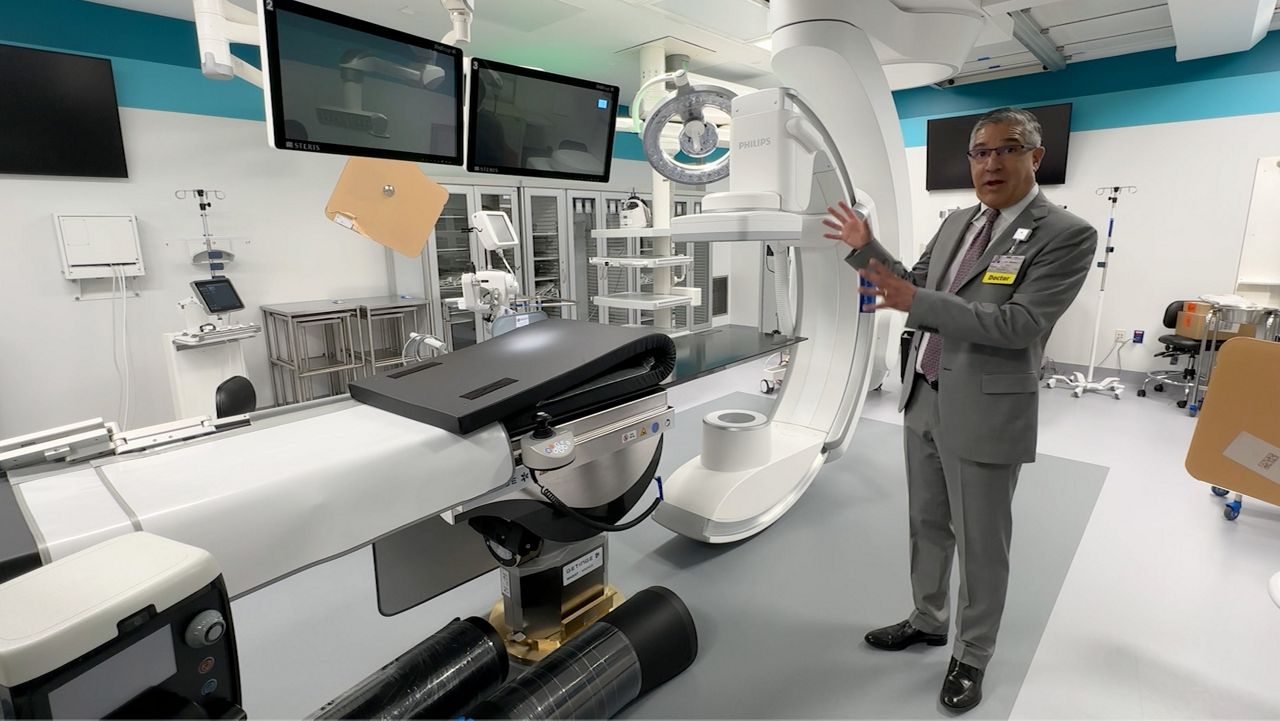Three months after starting chemotherapy, Diane Davis learned that cancer had spread to her lymph nodes.
Her prognosis was poor. Her doctor ordered biomarker testing — which can identify genes and proteins — to see if she might respond to different types of treatment.
It showed that immunotherapy, which uses a person’s own immune system to fight cancer, might work and after just one treatment she could feel the difference.
“I immediately felt so much better,” she said. “I lost the shortness of breath. I felt great. Immunotherapy is so different from chemo. For me, there really were no side effects.”
Nearly five years later, she has no evidence of disease.
Now Davis, 58, of East Millinocket, is working to make sure other patients get access to the biomarker testing that she credits with saving her life.
And after receiving a $20,000 bill for the specialized testing, she is working to make sure insurance covers the cost for others.
“I can’t understand why the insurance companies wouldn’t want to cover biomarker testing,” she said. “If they did, you get this great information about what treatments might work for, it saves so much time and money.”
Davis, who is retired from working as a juvenile probation officer and supervisor in New Hampshire, is working with the American Cancer Society to advance legislation in Maine to require insurance to cover biomarker testing.
They came close to getting something passed this year, but the bill was one of 35 that Gov. Janet Mills refused to sign because Democrats voted on it on a day not designated for bill enactments.
When asked specifically about the biomarker bill, Mills’ spokesman Ben Goodman said via email that “she remains committed to examining the important issues that these bills attempt to address during the next legislative session.”
Julia MacDonald, government relations director for American Cancer Society Cancer Action Network, said her group is encouraged by the strong bipartisan support the bill received in the House and Senate.
Fiscal estimates show that if it had passed this year, it would have cost the state $170,000 in the first year and nearly $360,000 a year each year going forward.
“The biomarkers legislation is incredibly important because it allows doctors to respond to patients’ individual needs,” she said. “It’s sometimes referred to as precision medicine. It gets patients the right treatment at the right time and that can be essential to avoid costly or ineffective treatments for cancer and other patients.”
But the Maine Association of Health Plans, which represents Anthem, Cigna, CVS/Aetna, Community Health Options, Harvard Pilgrim and United Health Care, opposes the bill.
Combined, those companies cover about 600,000 people in Maine, Dan Demeritt, executive director of the group, told lawmakers when the bill first came up last year.
He said biomarker testing is not a federally approved essential health benefit, so a state mandate will result in higher costs for premium payers in Maine.
“The members of the Maine Association of Health Plans are opposed to adding additional mandates to Maine’s insurance code and urge the committee to consider the cost to taxpayers and premium payers of expanding essential health benefits in Maine,” he said.
At least 14 other states have passed legislation requiring biomarker testing be covered by insurance, with bills pending in seven others, according to a report by the Maine Bureau of Insurance.
MacDonald said she’s hopeful that the bill will be reintroduced and passed in Maine in 2025.
“We were so close this year and we are very optimistic it’s going to pass in the upcoming legislature,” she said.






